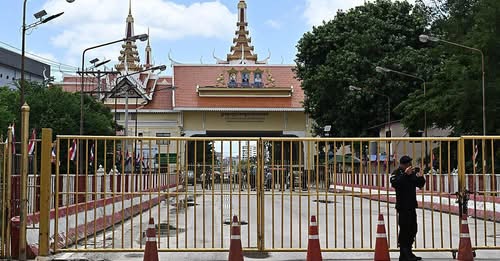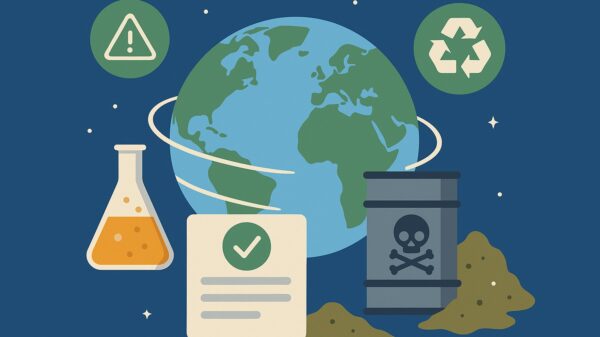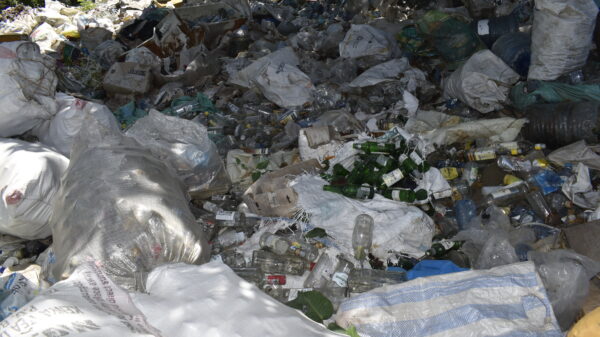Pakistan is home to a rich array of exotic and endangered wildlife. From snow leopards prowling the high-altitude ranges to rare falcons and Asiatic black bears, the country boasts ecological diversity that is unmatched in the region. However, these species face mounting threats from poaching and illegal trade, fuelled by weak enforcement, outdated laws, and a lack of public awareness. The illegal marketing of wild animals and their body parts has persisted in cities such as Peshawar, Lahore, and Karachi since before the country’s formation—and it continues to thrive today.
Despite being a signatory to the Convention on International Trade in Endangered Species of Wild Fauna and Flora (CITES) since 1976, Pakistan struggles to enforce its provisions. Gaps in legislation, limited financial resources, and a shortage of trained personnel have hampered meaningful progress. Inconsistencies in trade laws, particularly those related to the snow leopard, further complicate efforts to curb trafficking. Many species are routinely captured from forests in Chakwal, Jhelum, Sargodha, Mianwali, Murree, Kotli Satyan, and Khushab, feeding both domestic and international black markets. These poaching hotspots supply a growing illegal economy that undermines conservation and national law.
Snow leopards, listed under CITES Appendix I and protected under provincial laws, are being pushed toward extinction due to poaching and the black-market trade of their pelts. The animal, a keystone species inhabiting the Pamir, Karakoram, Hindu Kush, and Himalayan ranges, is now classified as critically endangered in Pakistan. Despite this designation, weak penalties for poaching—a minimum fine of just 30,000 PKR (around USD 180) and a maximum of six months in prison—have failed to deter traffickers. The high demand for pelts and body parts, especially in markets across the Middle East and China, far outweighs the risks for poachers. Ironically, although Pakistan is one of the top five countries where 90 percent of snow leopard poaching occurs, official seizure and conviction records remain low.
Falcon trafficking is equally rampant and is largely driven by wealthy Gulf nationals who seek rare falcons for the sport of falconry. While trophy hunting is allowed under a permit system, enforcement is weak, and illegal hunts are often conducted by powerful landlords and officials. The black market for falcons has become highly organised, with criminal networks playing a central role in the smuggling process. In 2020, it was estimated that more than 700 falcons were trafficked from Pakistan, mostly destined for Gulf states. By 2024, the practice had intensified to the point that the Punjab Wildlife Department launched large-scale combing operations, resulting in multiple arrests. That year, a rare peregrine falcon was rescued from a poacher in Taunsa, underscoring the need for urgent reform and enforcement.
Beyond falcons, bird poaching in general remains a serious issue. Species such as the ring-necked parrot are commonly targeted for domestic sale. However, unlike falcon trafficking, there is limited evidence of organised crime involvement in this trade. Meanwhile, Pakistan is a known distribution hub for Shahtoosh scarves—luxury garments made from the wool of the endangered Chiru antelope. Despite CITES protections, these scarves are traded illegally to markets in Europe, Russia, and beyond.
The Asiatic black bear is under severe threat from poaching, particularly in the Siran and Kaghan valleys of Mansehra district, Khyber Pakhtunkhwa. Despite conservation efforts, organised hunting groups of up to 25 people, armed and supported by trained dogs, continue to kill female bears to capture their cubs. These cubs are sold illegally in urban centres, where demand for exotic pets and circus animals remains high. Between December and March, an estimated two to five female bears are slaughtered annually in these areas, resulting in the capture of up to 20 cubs each season.
Pangolins—the world’s most trafficked mammal—are also under siege in Pakistan. Despite being listed under CITES and theoretically protected, the Indian pangolin continues to be poached and sold for its meat and scales, which are highly prized in traditional Chinese medicine. In cities like Rawalpindi, Lahore, and Karachi, over 240 shops are reported to be involved in the illegal trade of pangolin derivatives. A WWF-Pakistan study revealed that in Karachi’s Empress Market, endangered species, including pangolins, are openly traded, often using code names such as “Sharmeli” to evade detection. Demand for pangolin products has surged since the expansion of the China-Pakistan Economic Corridor (CPEC), with many buyers identified as Chinese nationals.
The widespread use of the internet and social media has further complicated efforts to stop illegal wildlife trade. Traffickers now operate via encrypted messaging apps, closed social media groups, and e-commerce platforms, making it difficult for law enforcement agencies to trace their activities. These digital tools allow for more discreet transactions, enabling traffickers to reach a global customer base while avoiding surveillance.
Addressing this crisis requires a multi-pronged approach. Pakistan must strengthen its wildlife protection laws, raise fines and minimum sentencing, and allocate more resources for enforcement. Public awareness campaigns must be intensified to educate communities about the ecological and economic value of wildlife. Specialised units within customs and police forces should be created to focus on IWT and online trafficking. International cooperation—especially with countries that are end-markets for trafficked wildlife—is essential to dismantle cross-border smuggling networks.
Unless urgent and coordinated action is taken, many of Pakistan’s most iconic species could be lost forever. The time to act is now.
Vaishali Basu Sharma
The author is an analyst on geopolitical and macroeconomic issues


































